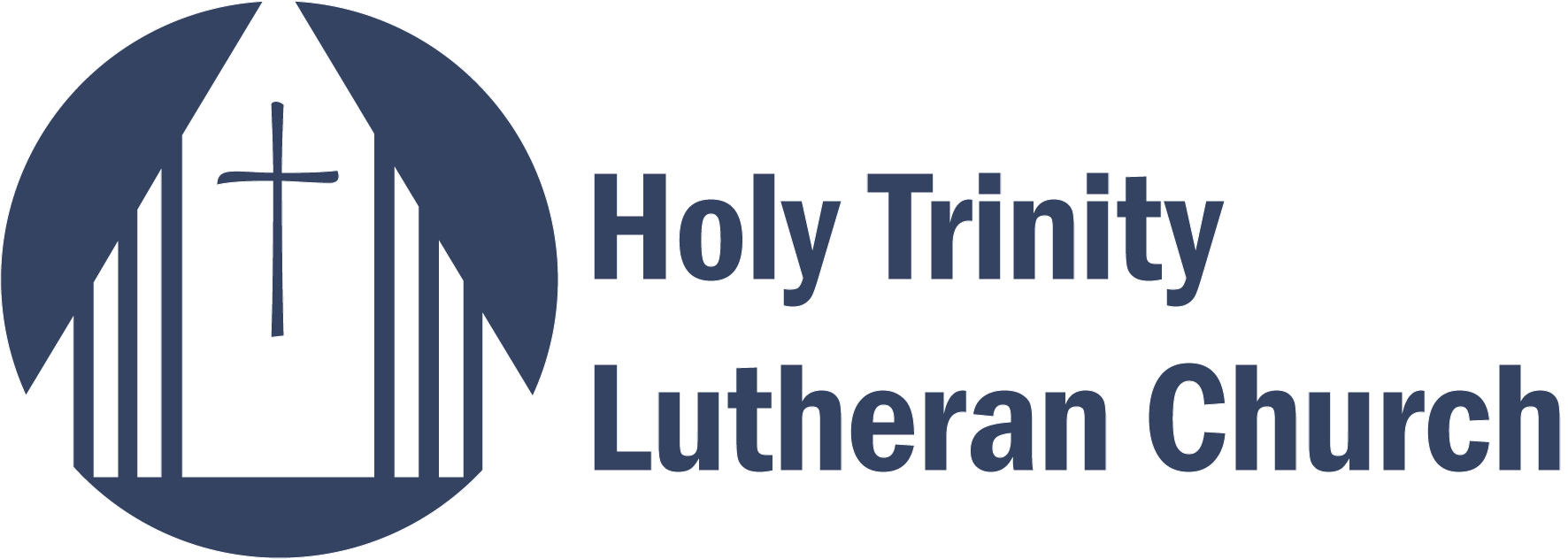What’s Your Story?

This is how my sermon began three years ago on the third Sunday in Lent:
There were pictures of people in Italy lined up outside a government building but the line had gaps of six feet in between each person – that’s social distancing. Before all cafes were ordered closed in France yesterday there were pictures of people sitting in those cafes with at least one table in between them. That’s social distancing. The entire country of Spain joins Italy in being completely locked down meaning people are quarantined in their homes and cannot go out except for food and medicine. That’s social distancing.
Hospitals in this country are converting entire units into containment units and in those rooms even the air is separately circulated from the regular air-flow in the hospital. That’s social distancing. Fist bumps, elbow bumps, washing hands as often as possible, not touching common surfaces, wearing masks, staying in your car while being test. All of that is social distancing. Even if we were worshiping together today in our beautiful sanctuary you would have been asked to sit apart from each other in the pews – that’s social distancing.
Do you know what began three years ago? It was three years ago on this Sunday, the third Sunday in Lent, that we as a congregation did not meet in person for worship for the first time. On March 10 three years ago, Governor Baker declared a state of emergency. On March 13, the president declared a national health emergency. We were just beginning to wrap our minds around the idea of a world-wide pandemic – something not seen in 100 years, yet we had no idea what we were in for. We had no clue how disruptive or disorienting or destructive or deadly the pandemic would become.
How could we possibly imagine that in our country alone the virus would kill to date 1,117, 856 people and almost 7 million around the globe, and 10.5 million children under the age of 18 around the world would lose one or both parents or care-givers. Naively we were beginning a journey that would lead us into a dark tunnel, and in some respects we are still looking for the light at the end of the tunnel – an all-clear signal that the monster pandemic is behind us for good.
And it was this Sunday three years ago that the gospel was the same one we hear today – the story of the Samaritan woman and Jesus meeting at Jacob’s well and having a startling and life-changing conversation. In that sermon I sent out by email and snail mail here what here’s what I said about that encounter in the context of mandates of social-distancing:
We are told by the experts from the CDC, from the Health Department, from the Vice-Presidents Coronavirus Task Force, from the governor, from the school superintendent, from every leader in our society, and now from your pastor, that one of the most effective ways to mitigate this virus is to be apart from one another. But what is most remarkable, what is most outrageous, what is most scandalous of all is the fact that it is Jesus of all people who refuses to engage in social distancing. In the story of the woman at the well, it is Jesus who will not listen to the experts. It is Jesus who defies authority. It is Jesus who ignores custom. It is Jesus who upends tradition. It is Jesus who toys with the law – once again.
Who would have ever thought that this Sunday’s gospel story – the first Sunday we are not able to be together for worship – would be about social distancing, but here it is. Jesus does what Jesus does. Jesus is who Jesus is. Not only does he interact with a Samaritan, a foreigner with whom Jews should have nothing to do, but he also actually has a conversation with a woman – a private one. He is alone with a woman and taking with her one-on-one -something men in that time, in that society were not supposed to do.
Now back to today. How did we survive the pandemic? How did you cope – especially during that first year of so much uncertainty and fear? Do you remember how you got through it? Do you recall what made a difference?
Now – one detail about today’s gospel story – Did you notice that the woman brought with her to the well a jar, a pail presumably to draw water from the well? Of course, if you are going to a well to get water, you need something to put the water into. Well, after this remarkable, enlightening, life-giving conversation with Jesus in which she gets – quite literally her fill of the Holy Spirit, she is so excited to run back to town and tell everyone about Jesus, that she drops the jar – without ever having filled it – and leaves it behind? She came to the well to get water to quench her thirst. Instead she ran from the well, satisfied not with water, but with this lively and personal encounter with Jesus. She was satisfied not with water but with the gift of the Spirit.
Jesus says to her, “God is spirit, and those who worship him worship spirit and truth.” (This story is one of the very first times we hear about God as Spirit.) And the woman says to Jesus, “I know the Messiah is coming.” And Jesus responds, “I am he, the one who is speaking to you.” (And that’s the first time Jesus actually reveals his true identity.) That’s when the woman dropped her pail and ran like the dickens to town to tell others about being filled with the Spirit, the Messiah.
During those first dark months of the pandemic, we could not gather at this well, this sanctuary, to quench our thirst, to satisfy our hunger for God’s love and protection and reassurance. For how long did we go without the bread of life – the gift of the sacrament of Holy Communion?
Instead, do you remember the new wells we dug where the waters of the Spirit gathered us and care for us in new ways? Here’s just a few ways – and if you are new to us, listen to how we reinvented the church:
- Within weeks of shutdown and lockdowns, we created the Prayer Angel Ministry, and for example three years ago on April 13 there were 47 individual prayers requests circulating amongst us almost all of which had something to do with the terrible impact of the pandemic.
- We created the Shepherding Ministry where the Holy Trinity Community gathered in 13 groups by telephone and email led by a shepherd checking in on one another and praying for one another.
- We created what was initially awkwardly called the HTLC Rapid Response and Preparedness Task Force made up of 3, then 4, nurses who provided health and safety advice to our leadership team (and which is still advising us to this day.)
- Do you remember the “Sew-(S.E.W.) We Need Masks” ministry? Members and friends started making home-made masks (before they were available commercially to the public) and we were soon delivering them not only to our members but to assisted living places and nursing homes.
- We also created the Pandemic Crisis Social Assistance Fund to which people contributed thousands of dollars to help people in need during the pandemic.
Those examples are just some of the new wells we dug from which people filled their pails, and because of these wells, people felt perhaps a little bit less fear, a little bit less lonely, and a little bit less anxiety and a whole lot of support, a whole lot compassion and a whole lot of love. We created new ways to be community.
After her intimate, engaging, exciting encounter with Jesus, the woman left the well to tell people about him. She wanted people to know that Jesus knew her, really knew her through and through. “Come and see a man who told me everything I have her done! He cannot be the Messiah, can he?”
She dares to entertain the possibility that she just met the Messiah who changed her life. This emerging faith in Jesus is new for her. It’s fresh and exciting, and she is grateful. I wonder how – now – at the tail end of this horrific three-year pandemic – I wonder how your faith might be like her faith. How did you survive? How did you stay safe? How did you know and feel like you weren’t alone? How did you know you were loved?
At the well, Jesus asked for a drink of water. Instead, Jesus lowered his pail deep into the well of faith and filled the woman with the gift of the Spirit. She was filled to the brim. She was satisfied. She was fully alive, and she couldn’t wait to tell her story. How about you? What story do you have to tell? What did you experience during the pandemic that causes your faith to be new and fresh and alive? How do you tell your story about how good God has been to you, and how you not only survived but thrived in God’s care? Amen.

